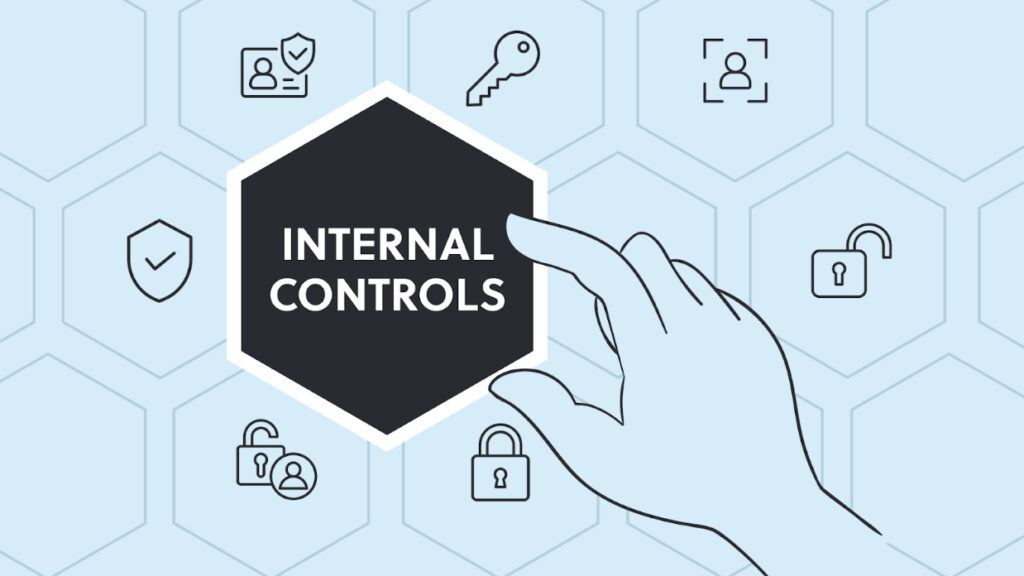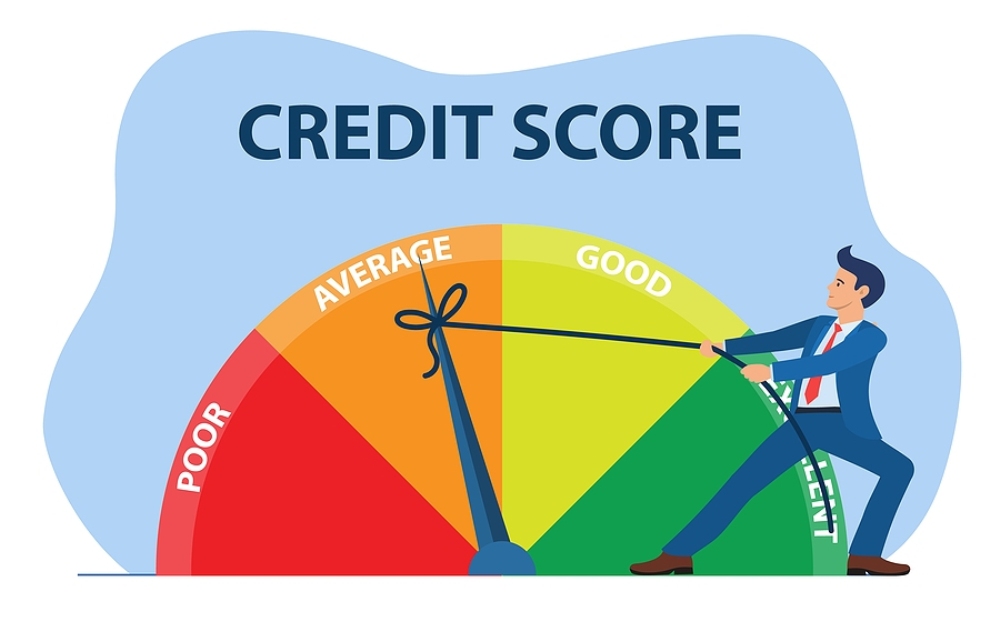Safeguarding Your Business with Internal Controls
Internal control is an integral part of business management that consists of rules, procedures, and practices to protect assets, maintain accuracy and reliability in financial reporting, enhance operational efficiency, and ensure compliance with laws and regulations. Internal controls are essentially a set of checks and balances within an organisation that aim to mitigate risks, prevent fraud, and improve overall organisational effectiveness. They are tailored to each organisation’s specific needs and risks, so their complexity may vary depending on factors such as the business’s size, industry, and regulatory environment. HOW TO ACHIEVE INTERNAL CONTROLS The Control Environment The control environment sets the tone for the organisation regarding the importance of internal control and ethical behaviour. It includes factors such as the management’s integrity and ethical/moral values, the commitment to competence, the organisation’s philosophy and operating style, and the assignment of authority and responsibility. Risk Assessment For Internal Controls to be effective, a business must identify its risk areas, including financial, operational, and compliance risks. A comprehensive risk assessment process involves identifying and analysing these risks to determine their potential impact and likelihood of occurrence. This allows the organisation to prioritise its efforts and resources to address the most significant risks. Identify Your Risks: Begin by identifying the potential risks and concerns related to your business finances. Are you worried about theft, inaccurate records, or perhaps unauthorised access to sensitive financial information? By understanding the specific risks facing your business, you can develop targeted internal controls to address these concerns effectively. For example, if you are concerned about theft, you might focus on implementing controls to secure cash handling procedures and prevent unauthorised access to valuable assets. Develop Procedures: Once you have identified your risks, it is essential to establish clear and documented procedures for handling financial transactions and records. These procedures should outline step-by-step instructions for tasks such as cash handling, recording sales, reconciling accounts, and obtaining expenditure authorisations. By formalising these procedures, you provide guidance to your employees on how to perform their duties accurately and consistently, reducing the likelihood of errors or misconduct. Communicate and Train: Communication is key to successfully implementing internal controls. Take the time to explain your internal control policies and procedures to your employees and ensure they understand their roles and responsibilities. Provide training sessions or materials to educate employees on the importance of internal controls and how to comply with established procedures. By fostering a culture of accountability and compliance, you empower your employees to contribute to the effectiveness of your internal control framework. Monitor and Review: Internal controls require ongoing monitoring and review to ensure they remain effective and relevant to your business needs. Regularly assess the performance of your controls and their adherence to established procedures. Monitor financial transactions, review records, and conduct periodic audits or reviews to identify any weaknesses or areas for improvement. Be proactive in addressing issues as they arise and adjust your internal controls when needed to mitigate risks and enhance effectiveness. Segregation of Duties Segregation of Duties involves dividing responsibilities among different individuals or departments to prevent any single entity from having too much control over a process or transaction. It is designed to avoid unilateral actions within an organisation’s workflow, which can result in damaging events that exceed the organisation’s risk tolerance. In short, no one person or group should be given control over a process where they have the unchecked power to overlook errors, falsify information or attempt theft. By separating key tasks, organisations reduce the risk of errors, fraud, and misuse of resources. There are some things you can do towards this. Recording: This task involves accurately recording transactions into the organisation’s records, whether financial or non-financial. For instance, having a separate individual from the one responsible for recording sales or expenses in the accounting system should be different from the individual who authorises transactions. Custody: Custody involves physically handling or controlling assets, such as cash, inventory, or equipment. For instance, individuals responsible for handling cash should be different from those who record cash transactions or reconcile bank statements. Authorisation: This involves granting individuals the authority to approve or initiate transactions. For example, only designated managers or supervisors may have the authority to approve purchase orders or expense reimbursements. By segregating duties, organisations create a system of checks and balances that ensures accountability, transparency, and accuracy in transactions and reporting. This reduces the risk of errors, fraud, and mismanagement while enhancing the reliability of information. BENEFITS OF INTERNAL CONTROL SYSTEMS Peace of Mind Strong internal controls provide the management of an organisation with peace of mind, knowing that the organisation’s finances are secure and the business is protected. When effective controls are in place, the organisation and its assets are safeguarded, transactions are accurately recorded, and risks are managed. This peace of mind allows the management to focus their time and energy on growing their business and pursuing strategic opportunities rather than worrying about the integrity of processes. Preventing Theft and Fraud Just as security guards deter thieves from targeting physical assets, internal controls act as a deterrent against theft and fraud within an organisation. By implementing segregation of duties, authorisation procedures, and monitoring mechanisms, it becomes more difficult for individuals to engage in fraudulent activities such as embezzlement, misappropriation of funds, or manipulation of financial records. This creates a culture of accountability and transparency, discouraging unethical behaviour and protecting the business from financial losses. Accurate Financial Reporting Reliable financial records are essential for making informed business decisions, securing loans, and attracting investors. Strong internal controls ensure the accuracy, completeness, and integrity of an organisation’s financial reporting, providing stakeholders with confidence in the reliability of your financial statements. By maintaining accurate records and adhering to accounting standards and principles, transparency and credibility are enhanced, enabling stakeholders to assess the financial health and performance of the business accurately. Compliance with Regulations Many businesses are subject to various regulations, including tax laws, industry regulations, and corporate governance requirements. With Internal controls in place, the organisation
Safeguarding Your Business with Internal Controls Read More »




